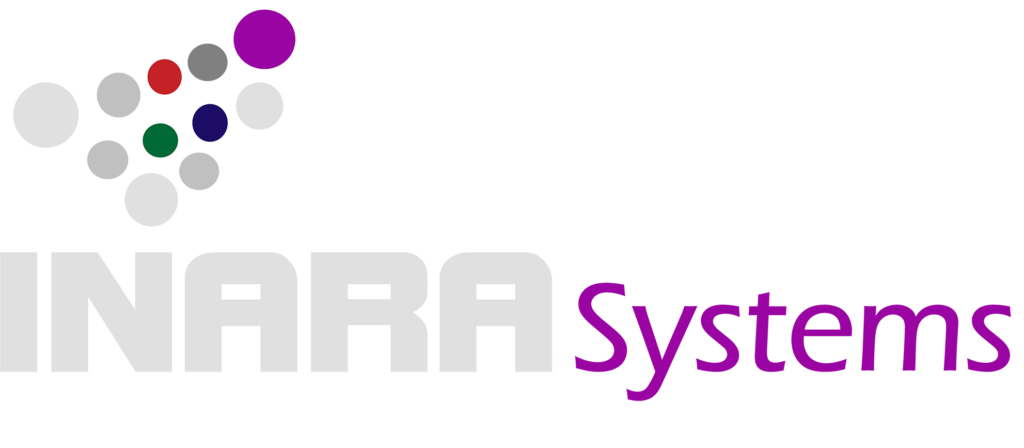What Your Staff Need To Know About IT Security
Understanding IT security is crucial for staff in any organization, as it directly impacts the overall safety and functionality of the business. Here are some key aspects that staff need to know about IT security, including operational and legal considerations:
Operational Aspects
Password Security
Importance: Using strong, unique passwords and changing them regularly helps protect sensitive information from unauthorized access.
Benefit: Reduces the risk of unauthorized access to systems and accounts, preventing potential data breaches.
Phishing Awareness
Importance: Being able to identify phishing emails and messages helps prevent falling victim to scams or disclosing sensitive information to attackers.
Benefit: Minimizes the risk of social engineering attacks and protects the organization’s data and resources.
Device Security
Importance: Ensuring that devices (computers, smartphones, etc.) are secure helps prevent malware infections and unauthorized access.
Benefit: Safeguards against data loss, theft, and protects the organization’s network from potential threats.
Data Backup
Importance: Regularly backing up critical data is crucial in the event of data loss due to hardware failure, cyber attacks, or other unforeseen circumstances.
Benefit: Reduces the impact of data loss and ensures business continuity by quickly restoring essential information.
Software Updates
Importance: Keeping software and systems up-to-date patches known vulnerabilities, enhancing overall security.
Benefit: Minimizes the risk of exploitation by cybercriminals and ensures that the organization’s systems are resilient against emerging threats.
Legal Aspects (relevant to the UK)
Data Protection Laws (GDPR)
Importance: Understanding and adhering to the General Data Protection Regulation (GDPR) ensures that personal data is handled and processed in compliance with legal requirements.
Benefit: Avoids legal consequences, fines, and reputational damage resulting from non-compliance with data protection laws.
Intellectual Property Protection
Importance: Respecting intellectual property rights protects the organization from legal disputes and ensures fair business practices.
Benefit: Maintains the company’s reputation, avoids legal complications, and fosters a trustworthy business environment.
Cybersecurity Regulations
Importance: Complying with specific industry regulations and standards, such as the NIS Directive in the UK, helps protect critical infrastructure and sensitive information.
Benefit: Avoids regulatory penalties, ensures the resilience of essential services, and enhances overall cybersecurity posture.
Contractual Obligations
Importance: Adhering to contractual agreements related to IT security is crucial to maintaining trust with clients, partners, and suppliers.
Benefit: Preserves business relationships, prevents legal disputes, and promotes a positive image of the organization.
In summary, staff members play a vital role in maintaining the overall security posture of an organization. By understanding and implementing best practices in IT security, they contribute to safeguarding sensitive information, complying with legal requirements, and protecting the organization from potential threats and risks.
Let us help you with your Security needs
Contact Us Today
- By Dom Burns




